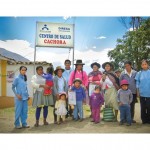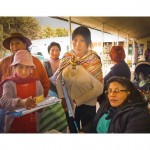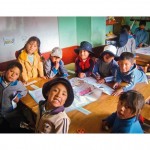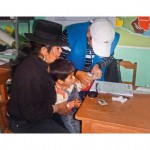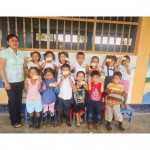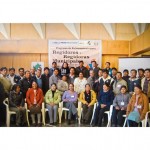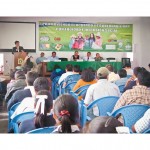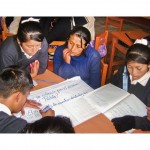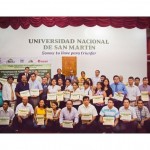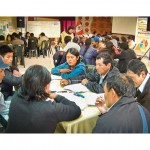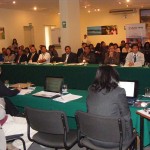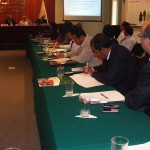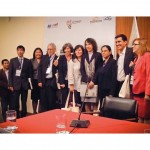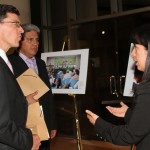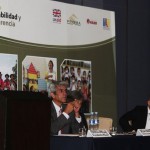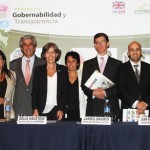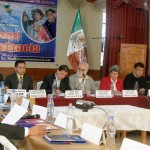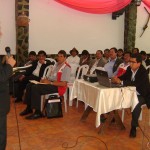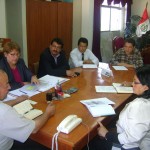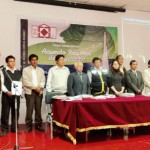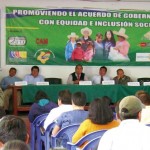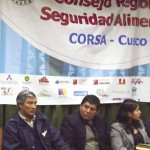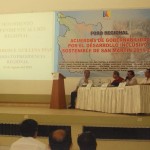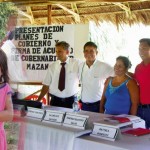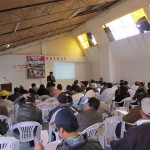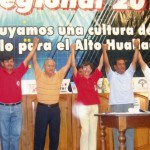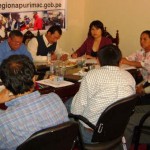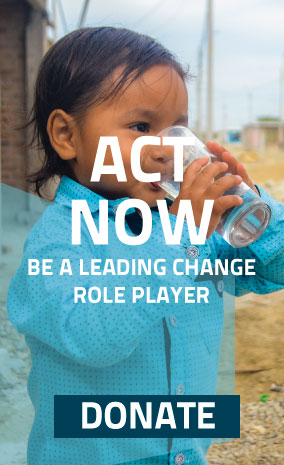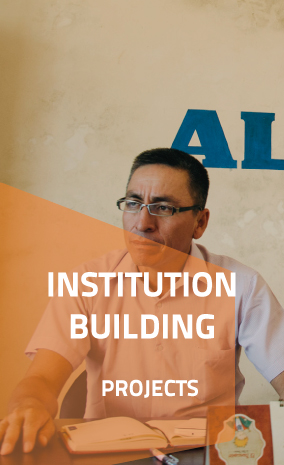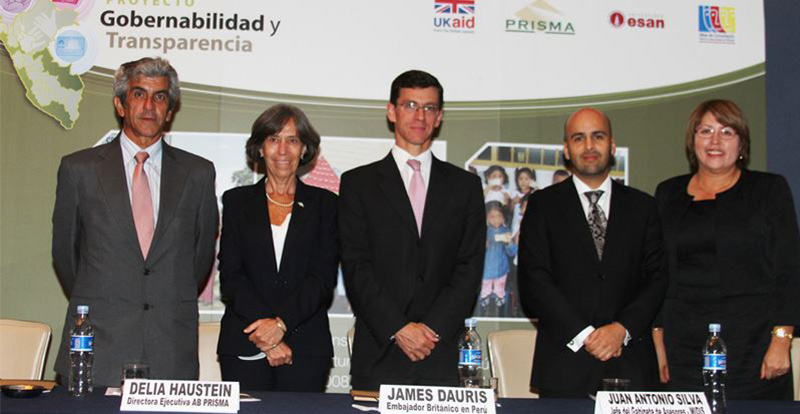
Achieving development in the country implies reducing the gaps of inequity that subsist, especially in rural areas. The decentralization process is an opportunity that calls for joint efforts if it is to be consolidated by capacity building and transparency of the local and regional governments and institutions, so that they may provide efficient, effective, transparent basic public services, benefiting/covering a greater number of people who are currently not receiving attention.
The project executed in partnership with ESAN University and the Consensus-Building Mesa for the Fight against Poverty (MCLCLP) seeks to link the management of the basic public services of identity, health, nutrition, and education to the processes under way of participatory budgeting, preparation and updating of development plans, for which local capacities are being strengthened. To achieve this, the work will be done with a management results-based approach that will make it possible to cement a culture of co-responsibility, use of information, coordination between government levels and within each level, as well as transparency and cooperation.
Objective: The project aimed to improve the effectiveness and transparency in quality and coverage of the public services, ensuring the country’s governance.
Source of funding: DFID
Project area: It focused on 14 departments and 623 rural districts where the JUNTOS Program is working: Amazonas, Ancash, Apurímac, Ayacucho, Cajamarca, Cusco, Junín, Loreto, Huánuco, Huancavelica, Pasco, Piura, Puno, and San Martín.
Duration: November 2008 to March 2013

